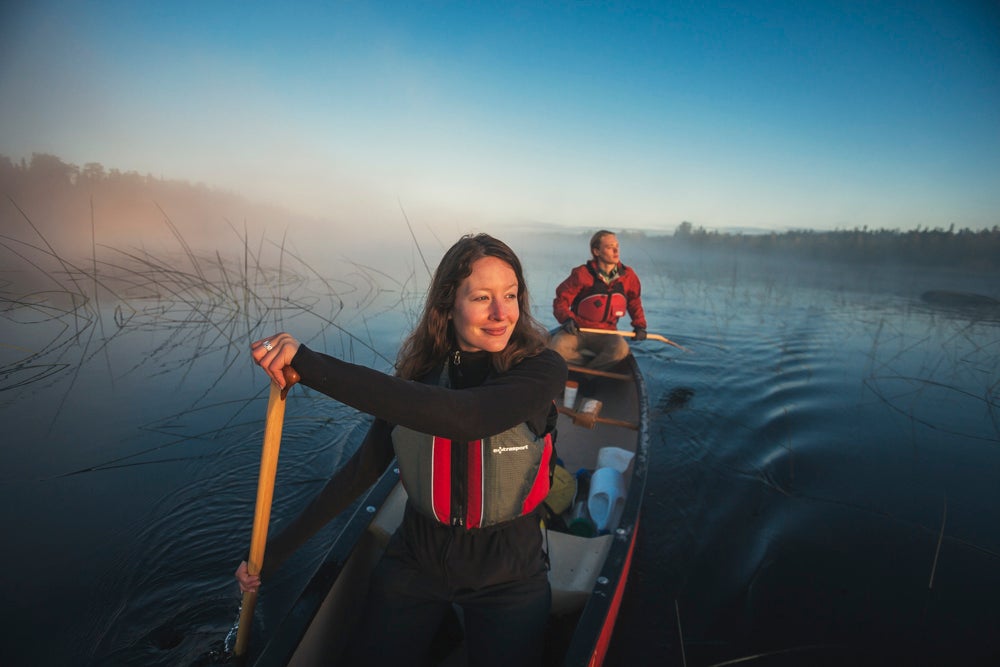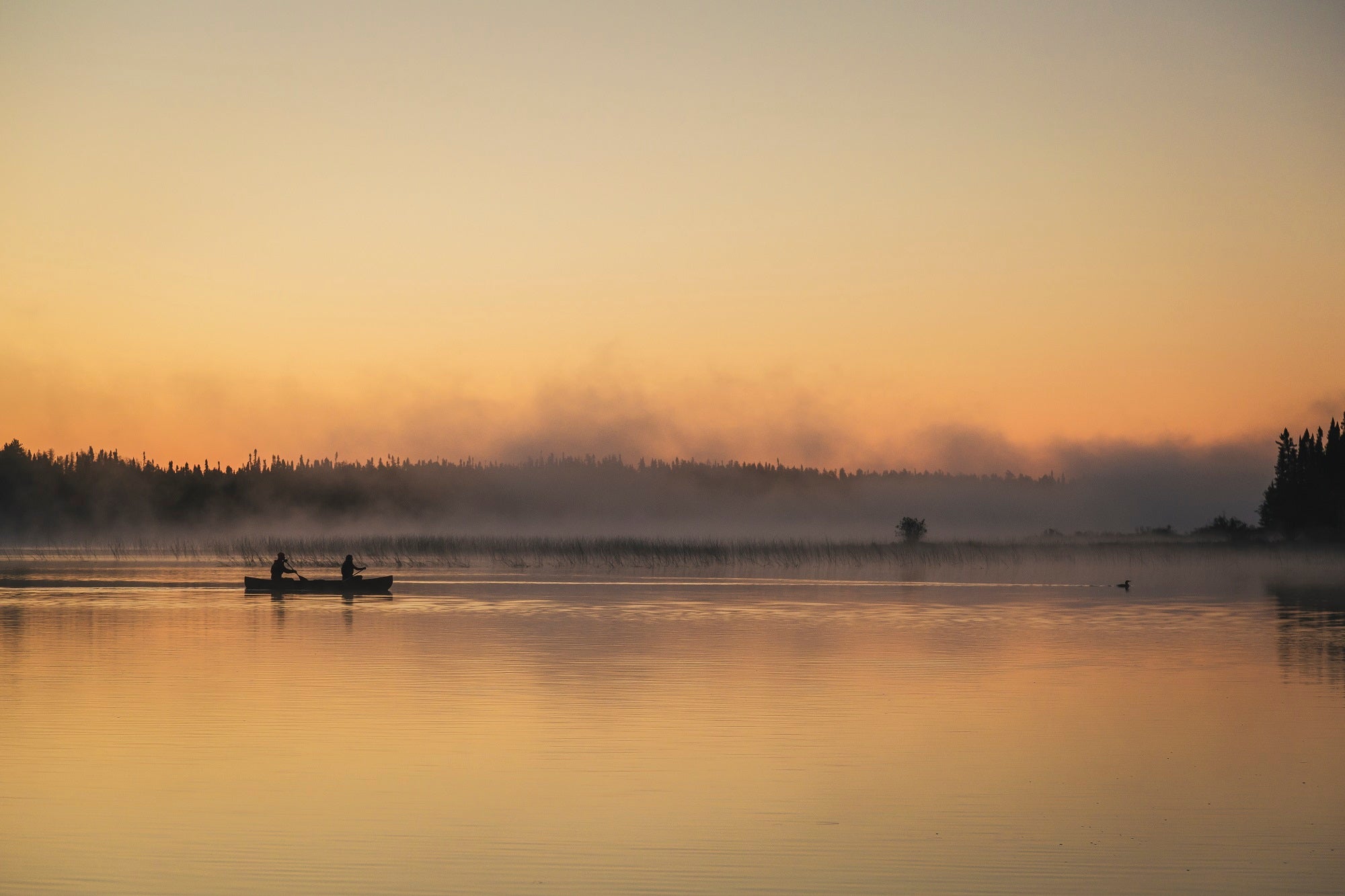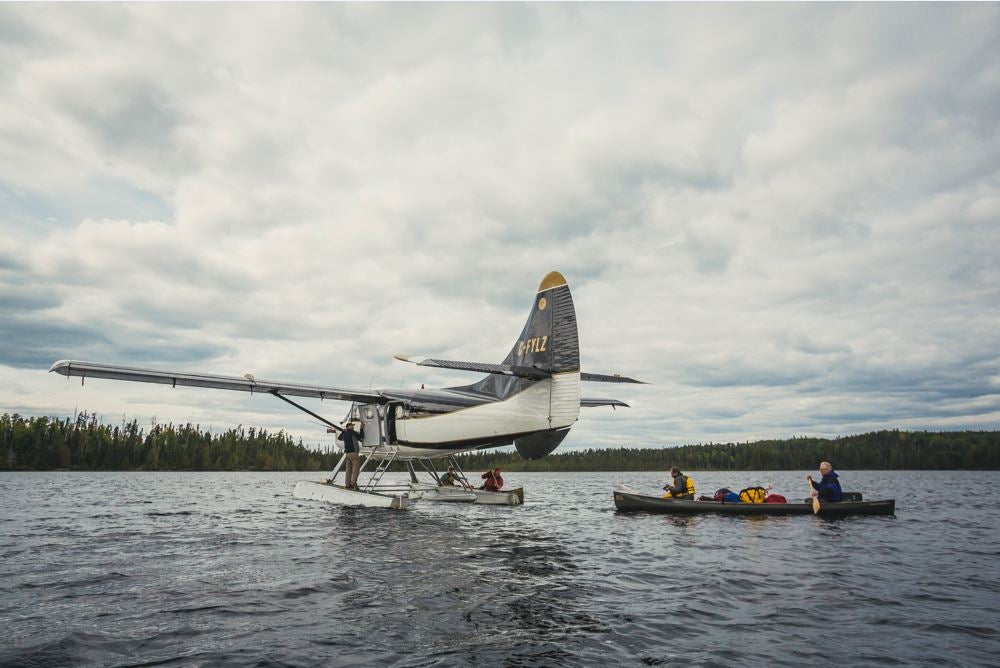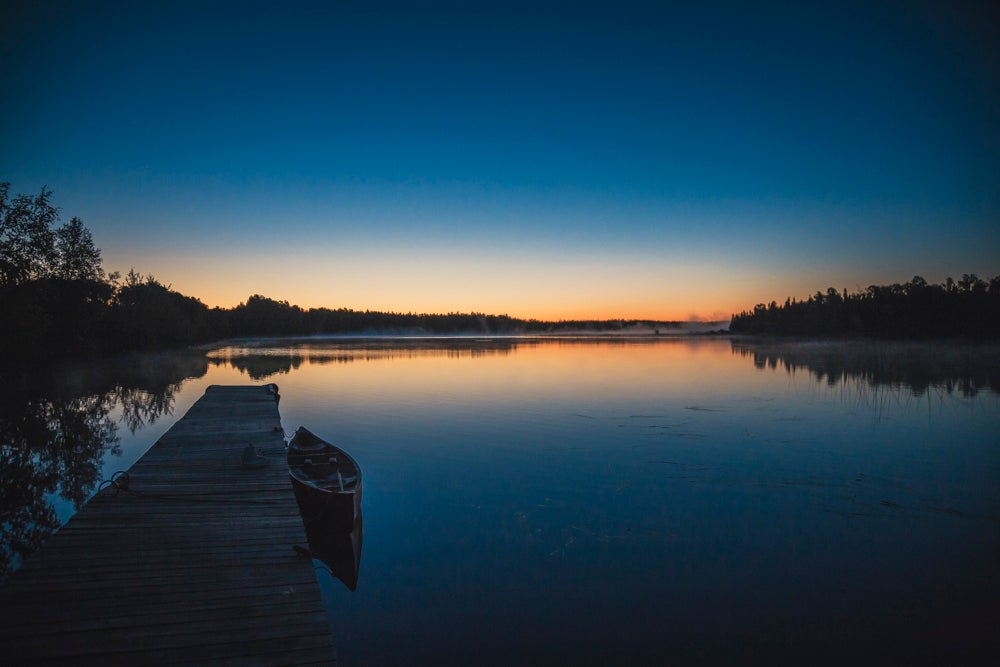Undiscovered Ontario: so remote you can name its uncharted lakes
In association with Ontario Tourism

Your support helps us to tell the story
From reproductive rights to climate change to Big Tech, The Independent is on the ground when the story is developing. Whether it's investigating the financials of Elon Musk's pro-Trump PAC or producing our latest documentary, 'The A Word', which shines a light on the American women fighting for reproductive rights, we know how important it is to parse out the facts from the messaging.
At such a critical moment in US history, we need reporters on the ground. Your donation allows us to keep sending journalists to speak to both sides of the story.
The Independent is trusted by Americans across the entire political spectrum. And unlike many other quality news outlets, we choose not to lock Americans out of our reporting and analysis with paywalls. We believe quality journalism should be available to everyone, paid for by those who can afford it.
Your support makes all the difference.If you paddle an unnamed lake in Ontario, it is possible to submit a name proposal to the Ontario Ministry of Natural Resources. The utter remoteness of Wabakimi Provincial Park with its estimated 12,000 lakes makes visitors feel as though they are real explorers charting a new land. One island is (unofficially) called Spaghetti Island, named by a local paddler after cooking up a spaghetti dinner while camping on it; presumably the same naming rationale does not apply to Elf Lake. Of course many lovely traditional names remain, like Pikitigushi and Onamakawash.

It is almost impossible for those in the Old World to conceive of the primal emptiness of Northern Ontario. Whereas some might look around at the vastness and see a 'whole lotta nothin' going on', wilderness paddlers have the chance to get up close and personal with nature as they drift down gentle streams or tackle rapids (Wabakimi means 'white water' in Ojibwe). A vision of the Canadian wilderness in all its purity and freshness, as conveyed by Grey Owl on his 1930s lecture tours of England, captured the imagination of post-war Britain. Contemporary audiences might be similarly drawn to a land as far from buzzing and beeping phones and screens as it is possible to imagine - a land as it was before the invention of the wheel.
This is a land where you might need to channel your inner Ray Mears, and learn to build a campfire tripod out of fallen logs or spot the faintest of markings that indicate portage trails, a land where the spongy mosses become your mattress, the colour of the sky must be read for approaching storms and where long portages are rewarded with the exhilaration of slipping back into the water to once again find your paddling rhythm.

On a perfect summer's day, pillowy clouds are reflected in sheet-smooth lakes and stretches of water are fringed with bullrushes and lilies, against the endless coniferous backdrop. Along certain portage trails low bushes hang heavy with delicious wild blueberries in August, while creeping snowberries abound - edible but not so tasty. Patches of many-hued lichens colonise shoreline rocks. If you look up, you might see a flock of sandhill cranes rising on a thermal. The pleasures of catching and eating a delicious lake fish are obvious, but you might also be treated to the glorious spectacle of a golden eagle swooping down to polish off the fishy leftovers.
The roadless enormity of Wabakimi is made accessible by bush pilots and canoe outfitters who make it possible to penetrate the impenetrable. Some companies operate their own floatplane operations while others team up with air charter services to transport paddlers to insertion and extraction points (not as dental as it sounds). Road and rail access to starting points near the park can also be arranged.

Wabakimi WildWaters Outfitters (wabakimi.com) and Mattice Lake Outfitters (walleye.on.ca/canoeing) have good track records for expertly guiding both novice and experienced canoe parties. A rough guide to the price of a five or six-day canoe trip would be £850 per person. WildWaters is part-owned by Bruce Hyer, who campaigned tirelessly to establish Wabakimi as a provincial park and later in 1997 to extend its boundaries to cover nearly 9,000 square kilometres. Their base is an eco-lodge on Mattice Lake a few kilometres south of the gateway town of Armstrong. The seven-day 'glamping' package offered by Wilderness North (wildernessnorth.com) appeals to those looking for a softer wilderness experience. They fly you into their rustic lodge on Whitewater Lake and arrange accommodation in a network of other lodges and outpost cabins on connecting lakes.
So if you have ever hungered for something natural, a bright star overhead, a tree to sit under, an empty land laid out in front of you, Wabakimi Provincial Park is one of the best unheralded canoeing destinations in North America. The pace of life in Wabakimi is lived at paddling speed, slow and of the body. The enslavement of the clock and even the calendar is cast off, and paddlers feel happy and hungry, younger and more alive. Finding a wild place in a shrinking world can give you the feeling that none of the world's troubles can find you amidst all this boreal splendour.
Travel Essentials
Air Canada (aircanada.com) operates four flights a day from London Heathrow to Toronto and Air Canada rouge connects Edinburgh, Glasgow, Manchester and Dublin with Toronto. Air Canada rouge will also operate summer flights from Gatwick to Toronto from 19 May, 2016. Starting March 15, 2016, British and other visa-exempt foreign nationals who fly to Canada will need an Electronic Travel Authorization (eTA). Application can be made ahead at cic.gc.ca/english/visit/eta.asp and the fee is C$7.
After a 95-minute flight from Toronto to Thunder Bay, a three-hour drive brings you to the small northern town of Armstrong. Road access to Wabakimi is non-existent, so canoeists start either by floatplane or with a train ride from Armstrong station. Three trains a week pass through the area in each direction; VIA Rail (viarail.ca) allows canoes to be carried for $100 and will make request stops if arranged in advance.
Join our commenting forum
Join thought-provoking conversations, follow other Independent readers and see their replies
0Comments